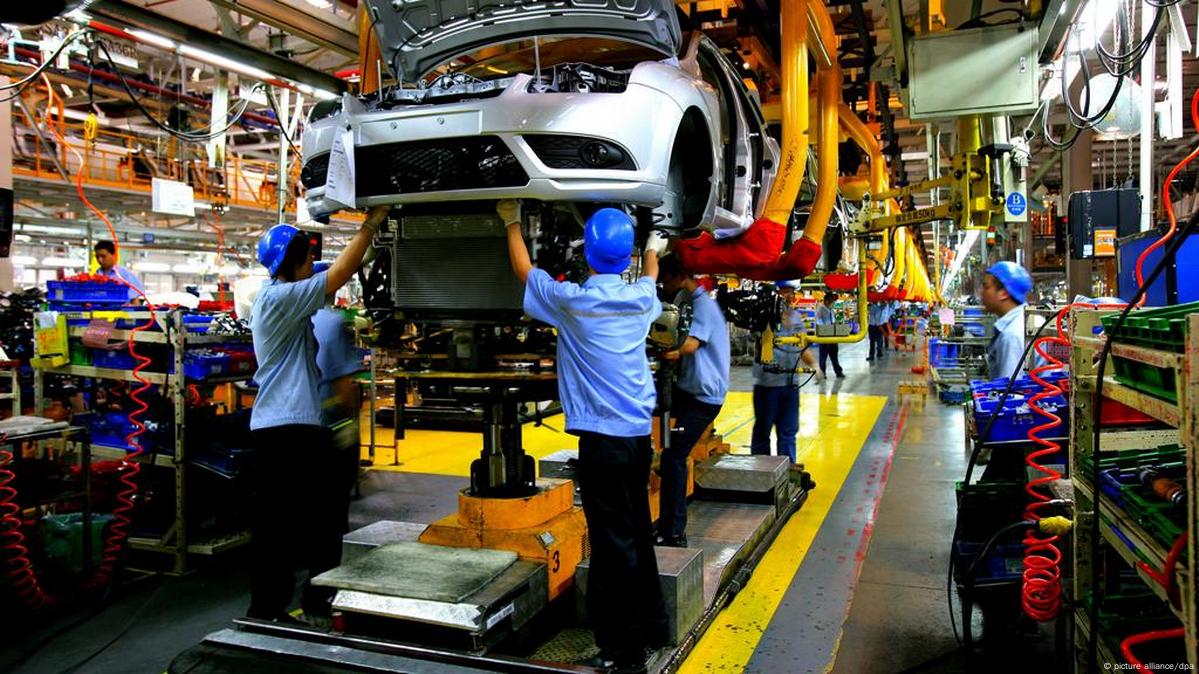
June 120 Comments
Marelli Files for Chapter 11 Bankruptcy: What It Means for the Auto Industry
Marelli, a global auto-parts supplier, has filed for Chapter 11 bankruptcy in Delaware. The company is backed by KKR, a private equity firm.

Marelli Files for Chapter 11 Bankruptcy: What It Means for the Auto Industry
Marelli, a global auto-parts supplier, has filed for Chapter 11 bankruptcy in Delaware. The company is backed by KKR, a private equity firm. This move sets up a big restructuring plan. It also hands over ownership to Marelli’s creditors, with hedge fund Strategic Value Partners (SVP) leading the way.
Why Marelli Filed for Bankruptcy
Marelli’s bankruptcy stems from several interconnected financial and industry-wide challenges:
- High debt burden: After KKR merged Calsonic Kansei with Fiat Chrysler’s Magneti Marelli in 2019, the company took on almost $5 billion in debt.
- Slow EV Transition: Weak demand for EVs has lowered expected revenue from future auto tech.
Details of the Chapter 11 Filing
- Debtor-in-possession financing: Marelli got $1.1 billion from SVP and other top lenders. This money will help keep operations running while they restructure.
- Stalking horse bidder: SVP has made a bid to take control. Other parties, like India's Samvardhana Motherson Group, have 45 days to submit a higher offer.
What This Means for Stakeholders
- Ownership transfer: After leaving Chapter 11, Marelli’s debt turns into equity. This gives control to creditors like SVP, Fortress, MBK Partners, and Deutsche Bank.
- KKR’s role reduced: KKR had already written down its $2 billion investment and injected an additional $650 million in 2022. Their ownership is now likely to be eliminated.
- Impact on automakers: Marelli provides key parts to big names like Nissan and Stellantis. While operations are expected to continue, any disruption could affect vehicle production schedules.
Broader Industry Implications
- First major auto-parts bankruptcy tied to tariffs: This case shows how trade rules affect manufacturers.
- Private equity faces scrutiny. Deals like KKR’s buyout of Marelli highlight the risks of heavy debt, especially in tough economic times.
- EV adoption challenges: Auto suppliers rely on the growth of electric vehicle programs. However, these programs are progressing more slowly than expected.
What’s Next for Marelli
- Bidding process: A 45-day period allows for competing bids to potentially offer a better deal than SVP’s.
- Restructuring and recovery: If the plan succeeds, Marelli will leave bankruptcy with lower debt and a new ownership setup for long-term stability.
Key Takeaways
|
Topic |
Summary |
|
Financial Restructuring |
Chapter 11 enables Marelli to convert debt into equity, maintaining operations. |
|
Ownership Shift |
Creditors led by SVP are positioned to take control post-bankruptcy. |
|
Industry Signal |
The filing signals vulnerability in the auto-supply chain amid economic stress and slow EV growth. |
Conclusion
Marelli’s Chapter 11 bankruptcy represents a major shift in the global auto-parts sector. It highlights how financially fragile suppliers are. They face quick changes in the industry, economic shocks, and trade disputes. Industry stakeholders, investors, and automakers will closely watch the outcome of this process.
- KKR Auto Investments
- EV Supply Chain Crisis
- Chapter 11 Auto Companies
- Auto Parts Industry News
- Marelli Bankruptcy 2025

Comments